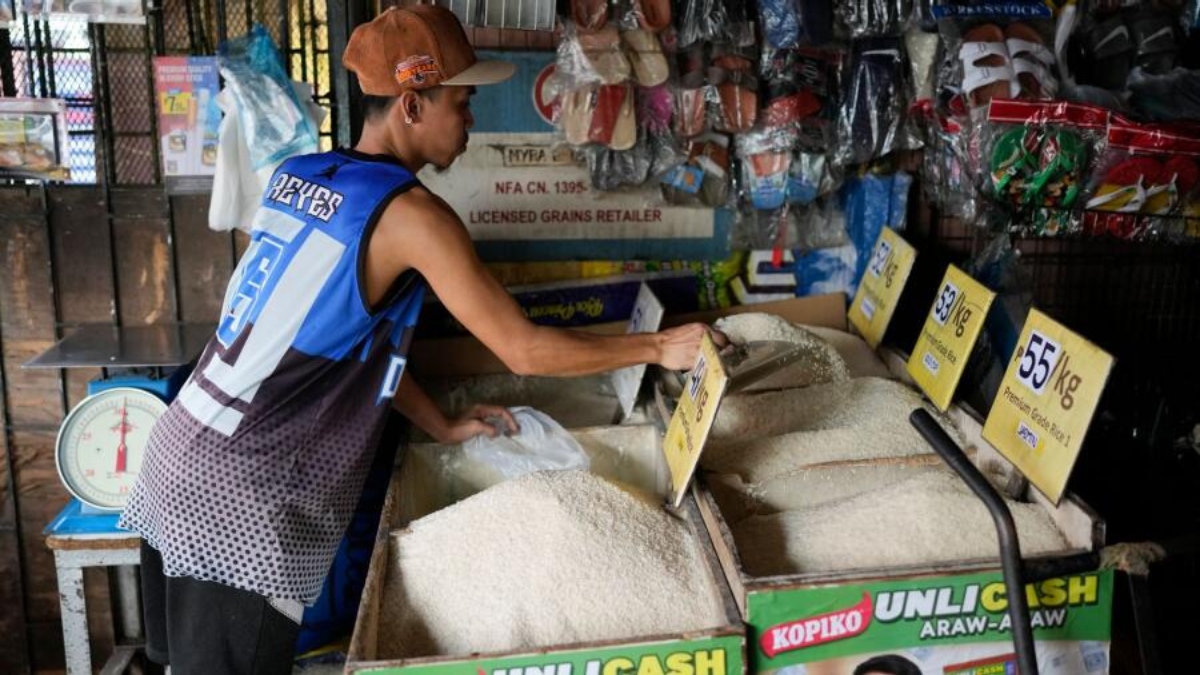President Ferdinand Marcos Jr. announced on Friday a new price cap on rice, the country’s staple food, to combat surging prices.
The move comes as a response to “cartels” and hoarders who, according to Marcos, have artificially inflated the cost of rice.
Effective immediately, the maximum retail price for regular milled rice is set at Php41 per kilo, and Php45 for higher-quality “well-milled” rice.
According to a statement from the presidential palace, these new price ceilings are up to 25% lower than those quoted in Manila markets earlier this week.
In a country of 110 million people where rice is a primary food source, the price surge has created an economic burden, particularly among the underprivileged and marginalized.
“The current surge in retail prices of rice in the country has resulted in a considerable economic strain on Filipinos,” Marcos said in an executive order.
Marcos cited “illegal price manipulation,” such as hoarding and industry collusion, as contributing factors to the price hike.
Global issues, including a ban on rice exports by India, the war in Ukraine, and fluctuating oil prices, have also been named as causes for the “alarming increase” in retail rice prices.
To enforce the price cap, the government, with assistance from the police, plans to intensify inspections and raids of rice warehouses to combat hoarding and illegal importation.
Economists and industry insiders have mixed opinions about the price cap.
Victor Abola, an economist at Manila’s University of Asia and the Pacific, said that while price caps are “not ideal,” the immediate challenge for the government is to ensure sufficient rice harvests in the coming months.
Astro del Castillo, managing director of Manila securities firm First Grade Finance, described the situation as a “difficult balancing act” and warned that failing to control inflation could stifle economic growth.
Wilbert Lee, a representative for the agriculture sector in the House of Representatives, cautioned that the price cap is merely a “stopgap measure” and could backfire by discouraging the private sector from selling rice at reduced profit margins.
Inflation in the country rose 6.8% from January to July 2023, compared to the previous year, hitting a 14-year high of 8.7% in January, according to government data.






